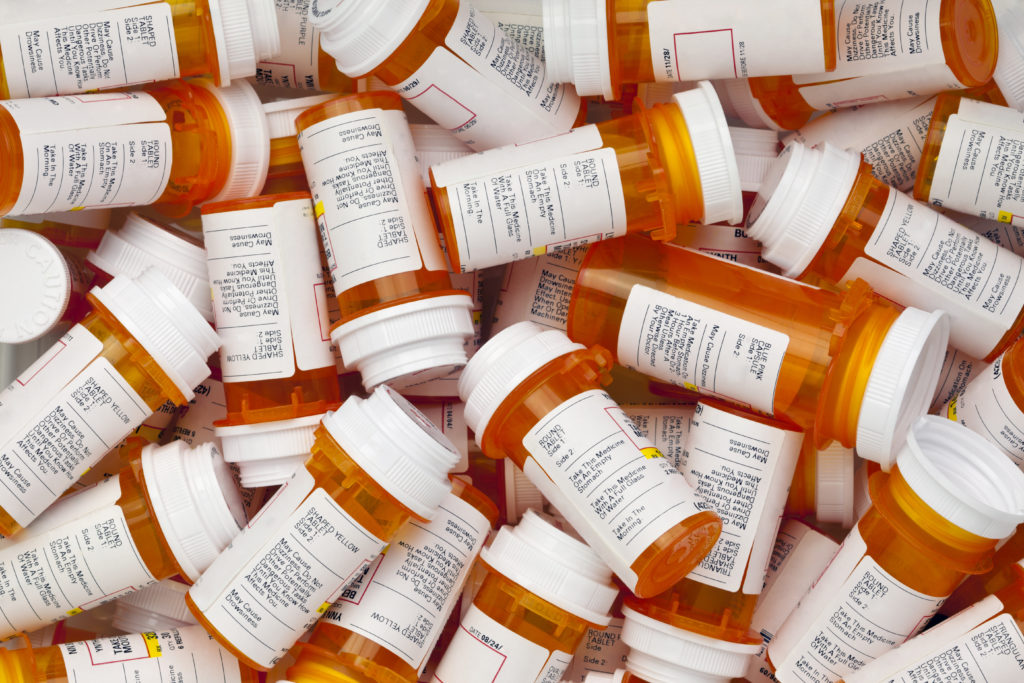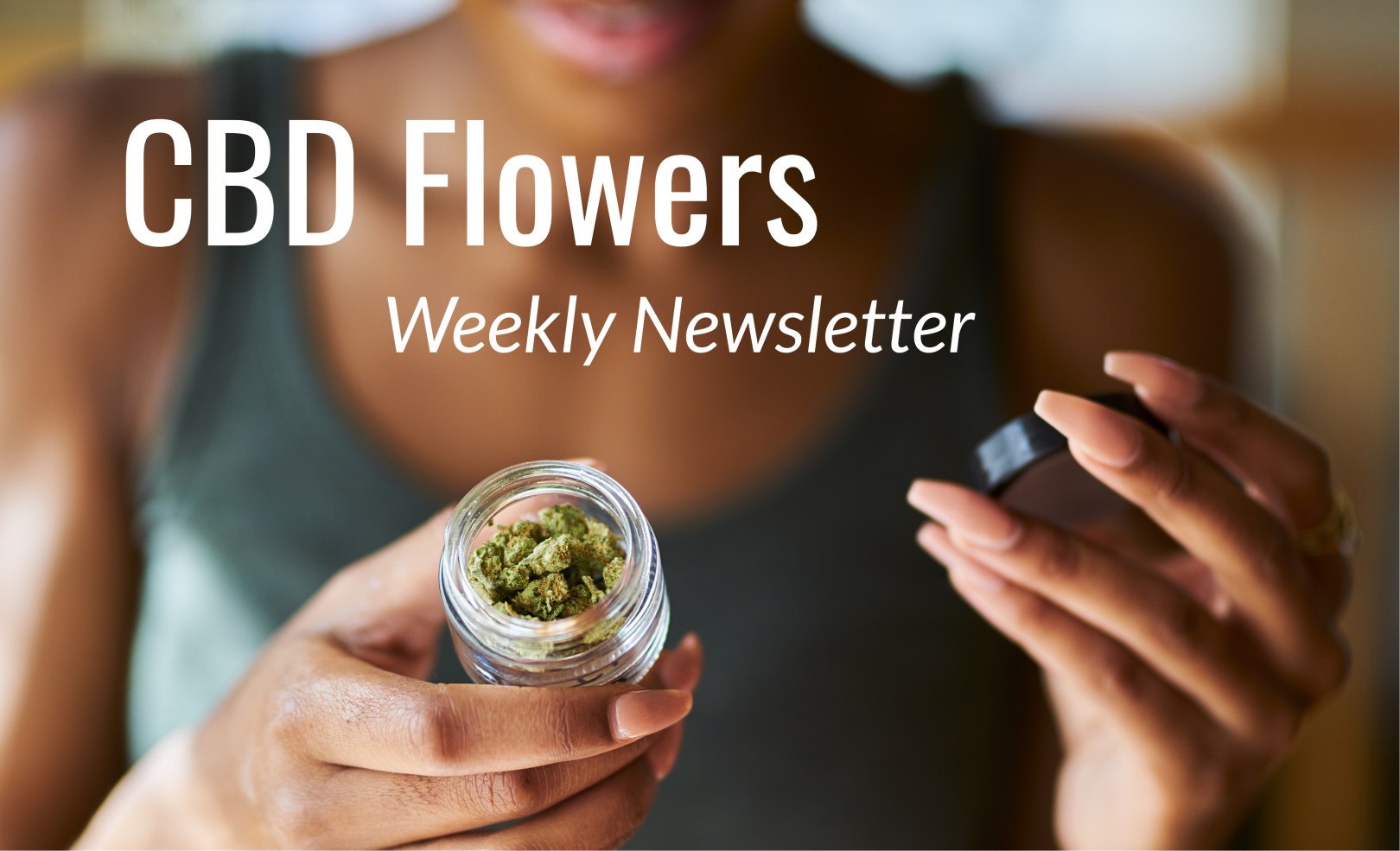Americans love weed. Most of us have tried it at least once in life, many use it regularly, and an overwhelming majority want it legal… so why isn’t it?
If we quickly brainstorm the reasons why other drugs are illegal – they’re hazardous to human health, they can make people violent and incoherent, endangering those around them, they’re risky to produce (think exploding meth labs), etc. – none of those criteria apply to cannabis.
On the contrary; cannabis is full of compounds that are scientifically proven to be beneficial for human health, they make people calm, often agreeable, and only mildly intoxicated so they’re still in control of their actions, and it’s a plant that grows naturally, so it’s doesn’t pose in manufacturing dangers. It’s also viewed very favorably in the public eye these days. Long gone is the “reefer madness” era, when people thought that cannabis was a dangerous and deadly drug that made you act, for lack of a better word, completely bats**t crazy (if you’ve seen the movie, you know this is an accurate description of that behavior).
As far as the exact numbers go, a Pew Research Center survey found that just under 68% of U.S. adults would like to see cannabis legalized. In the past, there was stark contrast in which political party is on what side of the fence, with republicans being less likely to support. However, now 55 percent of republicans are in favor of legalization (79 percent of democrats support cannabis legalization).
So, again I ask, if cannabis is medically beneficial, safe, and supported by most citizens, then why are we still fighting for access? The answer to that is more complicated than you might think.
For more information about cannabis, use the form below to subscribe to the CBD Flowers Weekly Newsletter
Profiting Off Arrests and Mass Incarceration
In the United States, police departments use money from federal drug war grants to finance their annual budgets. Federal lobbying disclosures confirm this, showing that police union lobbyists continue pushing for harsher penalties for marijuana-related offences, even in states with medical programs. This is the reason many states are moving toward prohibiting smokable hemp flowers as well, because of pressure from police departments throughout the country, citing a difficulty to distinguish between hemp flowers and marijuana flowers while making arrests.
To clarify, many of these police departments are so determined to continue arresting marijuana users, that they are pushing to re-criminalize hemp, which is federally legal and non-intoxicating, instead of aiming to decriminalize cannabis altogether so less citizens have to suffer through the stigma and financial stress of arrest and prosecution. They push for incarceration of low-level criminals, when policing victimless crimes ties up their resources and makes them less available to curb the crimes we actually want stopped. Why the fight against freedom of choice?
Well, if you’re following the money, you’ll see that incarceration is a business in and of itself. Private, for-profit prisons make millions by locking people up for drug-related crimes, and that includes marijuana. According to political reporter Matt Stoller, “Corrections Corporation of America, one of the largest for-profit prison companies, revealed in a regulatory filing that continuing the drug war is part in parcel to their business strategy. Prison companies have spent millions bankrolling pro-drug war politicians and have used secretive front groups, like the American Legislative Exchange Council, to pass harsh sentencing requirements for drug crimes. The more people incarcerated for drug-related crimes, the more money they make.”
Statistics will lead you to believe that not a lot of people are in prison for marijuana alone, and that’s true to an extent. However, a large number of people are in prison for “parole and probation violations” after testing positive or being caught in possession. Marijuana – or rather, the smell of it – is often used as the grounds for unwarranted and unlawful search and seizures as well.
This leads us down the path to another crime-based form of income for the government, known as Civil Asset Forfeiture. Civil forfeiture laws make it easy, profitable, and honestly tempting, for law enforcement to take and keep citizens’ property, regardless of the person’s criminal status. In most cases, property, money, and other valuables are taken during the arrest process, but even if the person is proven innocent in the court of law, the possessions are not returned. Every year, the U.S. government profits billions (totaling around $36.5 billion in the last 2 decades) from civil forfeiture operations.
Pharmaceutical Industry Feeling the Heat
Big pharma has been lobbying against marijuana reform laws for years. They stand to lose billions when cannabis is fully legal and it’s used medicinally by more and more people, especially to replace opioid pain medication. A 2016 study from the University of Georgia found that pharmaceutical companies are already losing $166 million annually on drugs where marijuana is now offered as an alternative.

The study was also able to pinpoint nine conditions on which medical cannabis will have the largest impact: Anxiety, chronic pain, epilepsy, post-traumatic stress disorder, sleep disorders, nerve pain, chemotherapy-induced nausea and vomiting, Tourette syndrome and glaucoma. If medical cannabis were used in only a fraction of these cases, pharmaceutical companies could lose up to $5 billion dollars. This not only puts into perspective how much is really at stake for these companies, but it highlights how many prescriptions drugs American’s are truly on… and it’s way too many.
A prominent U.S. senator, Kirsten Gillibrand (D-NY), publicly shamed well-known pharmaceutical companies – including Insys – for pushing so hard against marijuana legalization. “To them it’s competition for chronic pain, and that’s outrageous because we don’t have the crisis in people who take marijuana for chronic pain having overdose issues. It’s not the same thing. It’s not as highly addictive as opioids are.”
For the last 5 years, opioid overdose has been the cause of death for roughly 50,000 to 70,000 people EACH YEAR. Out of all the drug overdose deaths that occur, nearly 70% are due to opioids. In 2018, the total number of opioid prescriptions was 168,158,611; down from 252,167,963 a few years prior but still insanely high. States with medical marijuana have lower rates of opioid prescriptions and overdose deaths.
And if for some reason you still don’t believe that the pharmaceutical industry DOES NOT have our best interests in mind, look no further than U.S. Patent 6630507. The government does know that cannabinoids are good for us, and they filed a patent back in 1999 labeling cannabinoids as antioxidants and neuroprotectants.
Take a look at this excerpt for yourself. “Cannabinoids are useful in the treatment and prophylaxis of wide variety of oxidation associated diseases, such as ischemic, age-related, inflammatory and autoimmune diseases. The cannabinoids are found to have particular application as neuroprotectants, for example in limiting neurological damage following ischemic insults, such as stroke and trauma, or in the treatment of neurodegenerative diseases, such as Alzheimer’s disease, Parkinson’s disease and HIV dementia.” Note that many of these conditions, especially autoimmune diseases, are considered to be life-threatening, incurable, and on the rise. It’s estimated that anywhere from 23 million to 40 million Americans suffer from one of the 80 known autoimmune diseases.
If they’ve known for over 20 years that cannabinoids can benefit us in so many different ways, why do they continue pushing the narrative that they’re keeping it illegal “for our own good and safety?” Why prohibit something like this, that is only mildly intoxicating but carries enormous therapeutic potential, and then make it legal to buy alcohol on nearly every street corner in the nation?
Final Thoughts
At the end of the day, we can see a clear pattern here. Many of the systems that were put in place to protect us have been corrupted by the almighty dollar. The justice system is often motivated by money rather than actual crime-fighting and safety, the pharmaceutical and medical industries are more interested in profits and pushing drugs, rather than providing us with the knowledge and resources we need to be in control of our own health and wellness.
Although cannabis will one day be legal across the board, many of these cultural issues will continue, and many new ones will arise, if we don’t dismantle and restructure some of these institutions from the bones out. If we don’t a deeper look at the control money has over our society, then all other efforts are only superficial.
Thanks for stopping by CBD FLOWERS, your hub for all things cannabis-related. Stop by regularly and make sure to subscribe to the CBD Flowers Weekly Newsletter to keep up-to-date on all the most interesting industry topics.













